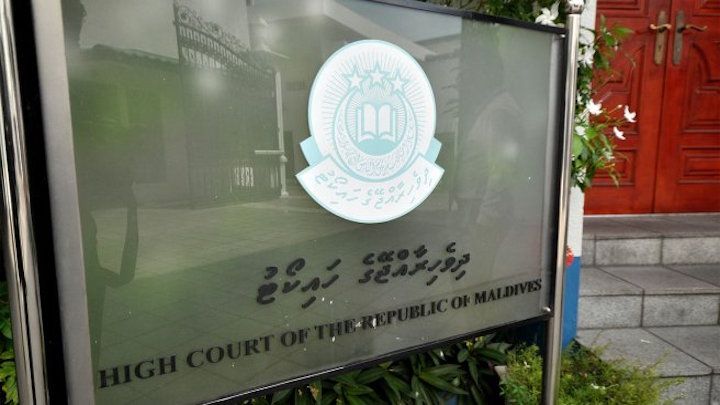Gender ministry official on trial for negligence dismissed unfairly, court rules
Ahmed Shuzad, the employee found to have been dismissed unfairly, is among four gender ministry staff presently on trial along with a policeman over negligence in the child’s murder.

04 Mar 2017, 09:00
The high court on Tuesday upheld a decision by the Employment Tribunal declaring that a gender ministry employee on trial over negligence in the murder of a three-year-old boy was unfairly dismissed.
Ahmed Shuzad was working at the Vaavu atoll family and child protection centre when Mohamed Ibthihaal was found dead on the island of Rakeedhoo with signs of severe physical abuse on January 28, 2015. His mother, Afiya Mohamed, has since confessed at court to killing her child.
A three-judge panel agreed with the tribunal’s finding that the state was unable to provide Shuzad’s job description or justify his dismissal over negligence.
Ibthihaal’s abuse by his mother was reported to the Vaavu atoll centre before his murder.
Become a member
Get full access to our archive and personalise your experience.
Already a member?
Discussion
No comments yet. Be the first to share your thoughts!
No comments yet. Be the first to join the conversation!
Join the Conversation
Sign in to share your thoughts under an alias and take part in the discussion. Independent journalism thrives on open, respectful debate — your voice matters.




